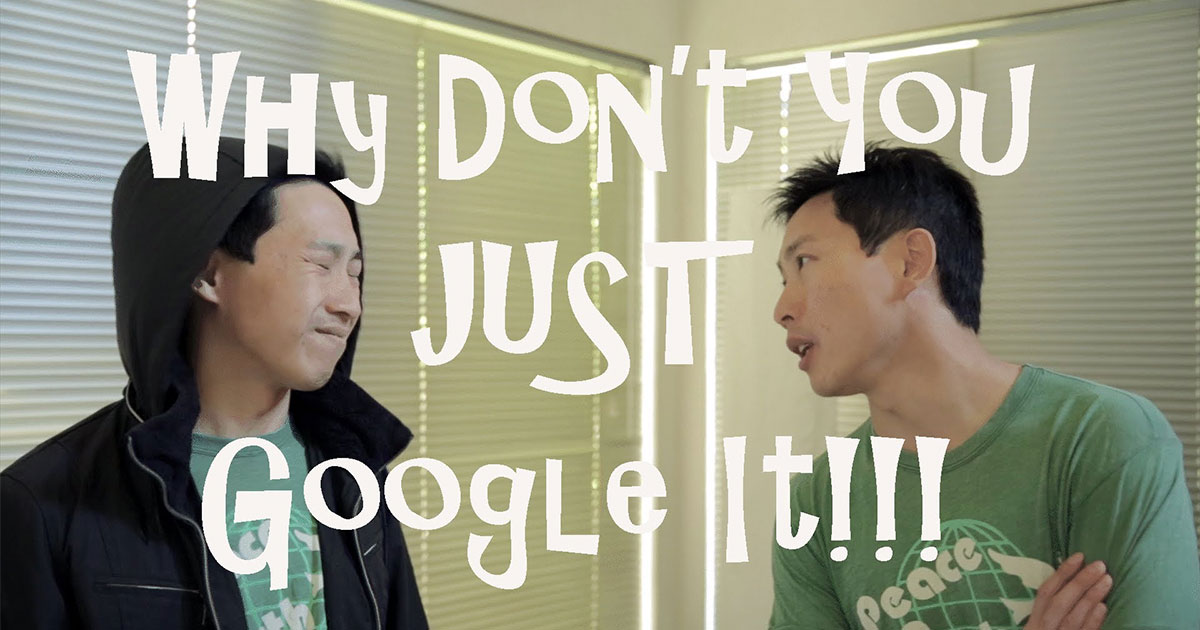
Love and Romance in the new millennium
Millennials vs. Gen X
Love and Romance in the new millennium

Zameen Datta, Intern, Malaysiakini
17 November 2016
If you’re looking for love, here are a few things you should keep in mind.
1. Online dating websites may not be as useful as you think

Let’s try an experiment. Look at the people in the photo above. You have ten seconds to decide which of them is the most attractive to you.
Done?
Now let’s try it again. Look at the picture below and tell me which of these people is the most attractive to you. Remember, you only have ten seconds!

Harder, isn’t it?
With so many people to look through, you probably just glanced at each face and picked the first decent looking person who caught your eye.
That’s basically what online dating is like – there are just so many people available that trying to go through every single profile would be impossible. Instead, you skim through the list, ignoring anyone who’s profile picture doesn’t make them look like a front page supermodel.
2. That said, long distance relationships can be fun
Gone are the days when you’d have to wait impatiently for the postman to arrive. Nowadays, it’s easier than ever to have a long distance relationship. With the widespread availability of programs like Skype, it doesn’t matter how far away they live – if you have internet access, you can talk to them all night long.

3. Friends before lovers
Many good relationships come from people who were friends before they got romantically involved. While the idea that opposites attract is often bandied about, in truth, knowing that both you have things in common makes the relationship that much smoother.

4. Living in Sin
A lot of us understand that marriage is a pretty big step. Living with someone for a few months makes it easier to see whether he or she is really someone you’d be happy spending the rest of your life with. A chance to see all each other’s quirky habits and get used to them before tying the knot should not be underestimated.

5. Just because your friends are getting married…
Doesn’t mean you have to.
Despite what some may think, we know very well that marriage is a big thing. That’s why we don’t want to rush into it. There are plenty of people who decide to put it off until they get older, or even decide not to get married at all.

No matter who they are or where they come from, everyone enjoys being in a loving relationship and experiencing a whirlwind romance. While we all look for love, people from the millennial and gen X generations go about it in very different ways.
There are a lot of stereotypes about millennial romance. Older generations may see their children as hedonistic, rushing into casual hookups and frequent acts of debauchery. One of the reasons for this belief is the fact that relatively millennials seem interested in starting a long term romantic relationship. According to the Pew Research Center, in the year 1960 59% of adults aged 18-29 were already married. In 2011, only 20% of people in the same age group were married.
In addition, many millennials tend to be more liberal than the older generations – according to research, 62% of millennials see no problem with sex before marriage while 56% think that there’s nothing wrong with same sex relationships.
This has led to the stereotype of millennials being the ‘hookup’ generation, always interested in inconsequential flings and one night stands. In reality, however, millennials actually tend to have less sexual partners compared to their parents and grandparents when they were at the same age. In 2015, psychological professor Jean Twenge conducted a study revealing that millennials have an average of about eight sexual partners during adulthood. In comparison, Baby Boomers had an average of eleven partners while Gen X had ten.
So why are millennials – the generation that invented Tinder and ‘Netflix and chill’ – taking so long to get together?
In short, society has changed. In the 1950s, women were expected to get married and have children right after high school. Nowadays, things are very different. In Malaysia alone, the amount of women who work has risen from 46.8% in 2010 to 54.1% in 2015. This means that more and more women are more willing to put aside marriage and children in order to pursue their careers. For millennials, the stereotypical high school sweethearts marrying after graduation is the exception rather than the norm.
Another reason is the rise of urbanisation and development of new technologies. In the past, most people would meet their romantic partners through family connections or community events. However, as time went on, more and more people are turning to online connections in order to find their partners. Dating services like Tinder have become very popular, with an average of over 50 million users per month in 2014 alone.
The rise of online dating has had several major effects on the dating scene.
For one thing, long distance relationships are becoming more popular than ever. In the US alone, over 14 million couples describe themselves as being in a long distance relationship. While some of these relationships do fail, they are actually in the minority, with more than 60% of long distance relationships surviving past the four-month mark.
Another effect of the internet dating phenomenon is that young people no longer have to settle for the first person who seems ‘good enough’. Instead, they can choose to look through hundreds or even thousands of online profile to find one that they like. This has its advantages – with all the information at your fingertips, anyone can find someone eventually. The problem, however, comes from the fact that there are too many options to choose from.
Take Tinder, for example. In 2014 alone, there were approximately 10 million people who used their accounts on a daily basis. That’s a lot of profiles to go through if you want to find your perfect Prince (or Princess) Charming. And this isn’t helped by the fact that a lot of the information that people put in their accounts may a little… exaggerated.
As a result, many people have begun looking for a relationship a little closer to home. According to a survey done in 2015, 38.6% of 18-34 year olds said that they’d met their significant other through a mutual friend. They were followed by 22.3% who said that they’d met in a “social setting” while only 9.4% of couples said that they’d met through a dating website.
Additionally, having a sudden, whirlwind romance may be rarer than you’d expect. 40% of 18-34 year olds said that they were “platonic friends” before becoming romantic. In comparison, 35% of relationships started from a series of formal dates while only 24% got together from hooking up.
What does this mean?
It seems millennials are far more picky about their partners; many of them don’t just want a one night stand, they want a soul mate that they can spend the rest of their lives with. Starting out as friends means that the relationship tends to be stronger – the two of you probably have similar interests, you know that you can get along, and you’re both aware of any annoying habits ahead of time.
Compared to the previous generation, millennials are not as worried about getting married and having children because they already know that neither of these things is a guarantee of love and happiness. Many of them are willing to take their time instead of rushing into something that they might regret.
While it is true that millennials are waiting longer and longer to get married, the bonds between millennial couples is stronger and longer lasting than ever before. In the last 50 years, the number of unmarried couples living together has skyrocketed up by 900% while the divorce rate has been dropping ever since the 1970s. In essence, by living together for years before tying the knot, millennials reduce the risk of their relationship falling apart in the future.
Despite the many stereotypes that seem to surround millennials, the truth is somewhat more complex. Like all stereotypes, the idea of millennials being the shallow “hook up” generation may have some minor basis in reality, but in the end we are all simply trying to find love, one way or another.










